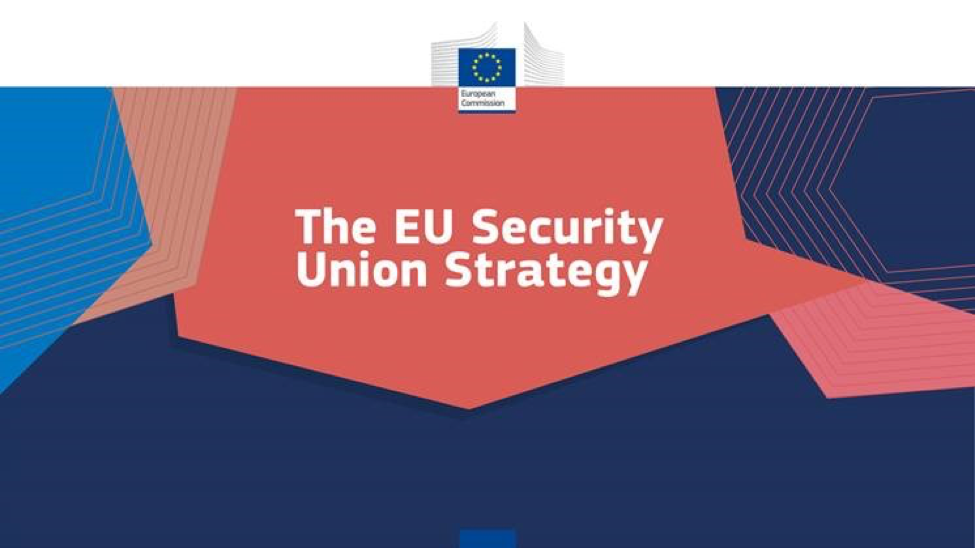Last July, the European Commission published a 5-year strategy on the security of the Union for the period 2021-2025. A decade ago, it was nearly unthinkable that the EU would focus so strongly on security, since its „birth” has made it more an economic union between nations to prevent war on the continent. Why was this strategy necessary and how can it make citizen’s lives better on the „Old continent”?

The EU has been focusing more strongly on security issues in the past few years. From PESCO to the Security Union Strategy a lot of developments have made clear, that the EU and Member States lacked a strong, coordinative role regarding security issues. Since the boom of digitalization, the EU has become more vulnerable to security incidents both online and offline, which also meant taking a stronger approach towards securing critical infrastructure and enabling better protection of its citizens from hybrid threats. While disruptive technologies and AI are creating new types of threats, combined with classical offensive tools they can seriously endanger the health and public sector, as well as finance, energy and transportation which connect EU Member States. The increasing reliance on digital technologies makes it clear (more so during a pandemic) that systemic resilience is key in recovering from internal and external incidents.
This is why the Strategy implies the protection of key infrastructures and ties it together with the revision of the Network and Information Systems Directive (NIS2). A Joint Cyber Unit would coordinate cyber measures between Member States including regular capability assessments, which also includes the European Neighborhood.
Combating serious and organized crime also ties into this Strategy, which would boost law enforcement and judicial cooperation, as well as enable the Council to open negotiations to cooperate more strongly with international actors such as Interpol.
While old tools are being enhanced and new ones created, innovation and skills development continues to be at the heart of operations. Without cyber experts and highly trained officials who understand how complex technologies work, it will be impossible to effectively use the capabilities at hand. Therefore the European innovation hub for internal security and life-long-learning continue to be a cornerstone of the security agenda. There is a saying, that technology is only as good as the people using it. This is true for the years to come, as advances in this field require rigor and understanding including the ethical and moral aspects of the use of disruptive technologies such as AI. It is never too late to take our security into our own hands. Since it will have a positive impact on all areas of society, most importantly the lives of people.
30.04.2021. - Aron James Miszlivetz
Image: https://www.eulisa.europa.eu/Newsroom/News/PublishingImages/SecurityUnion.jpg